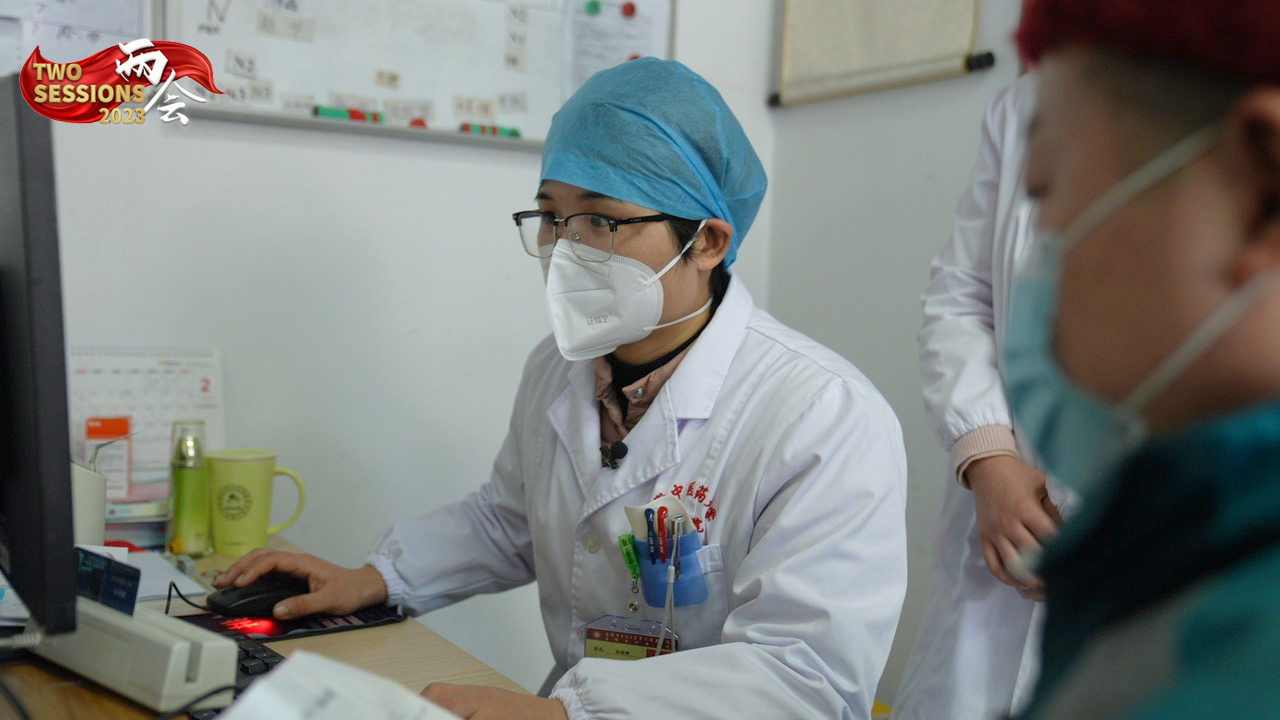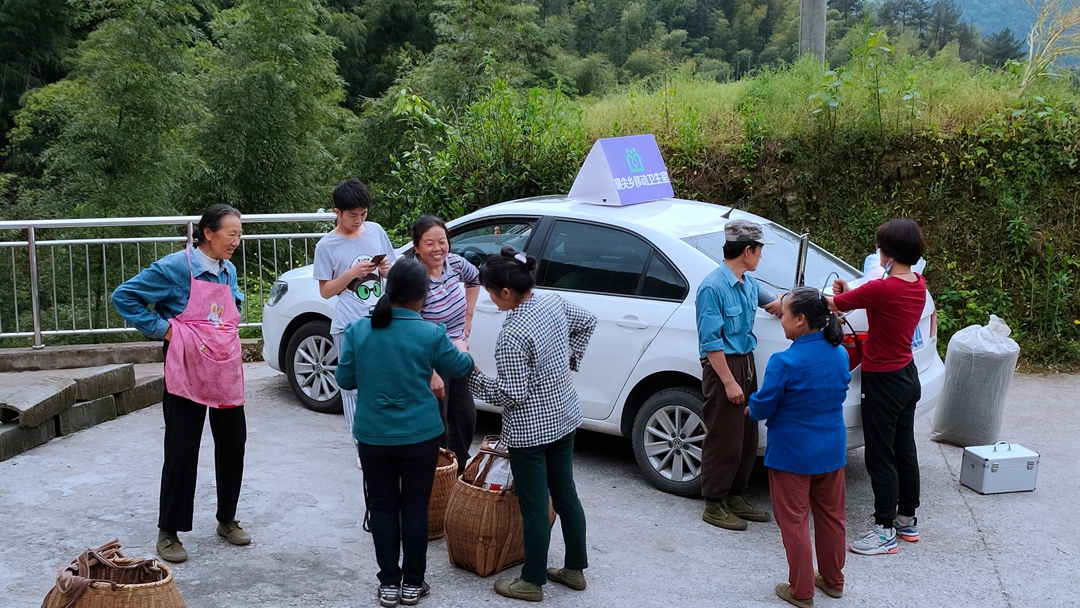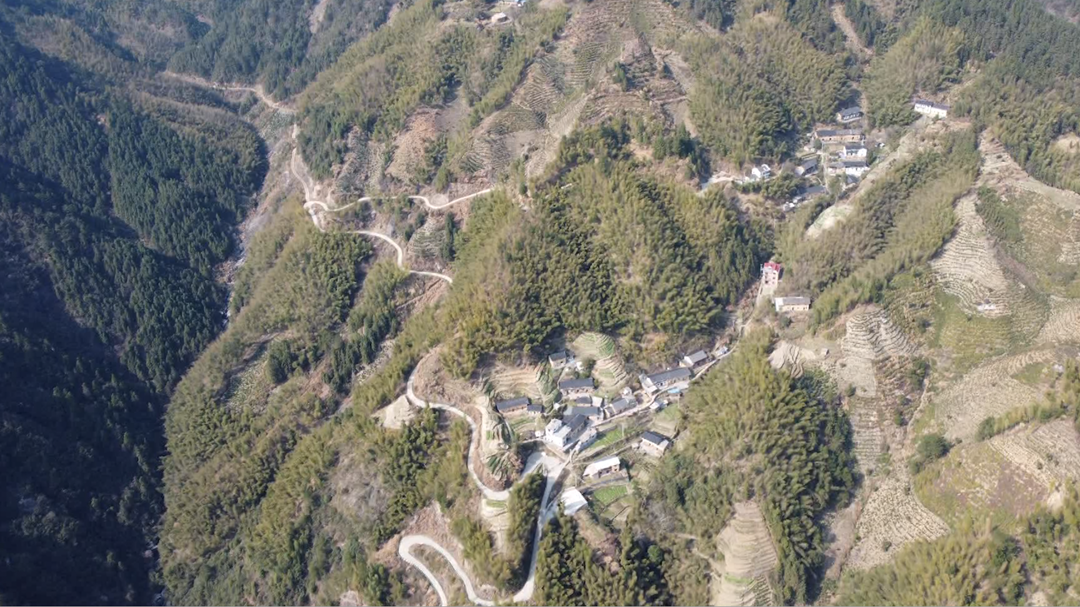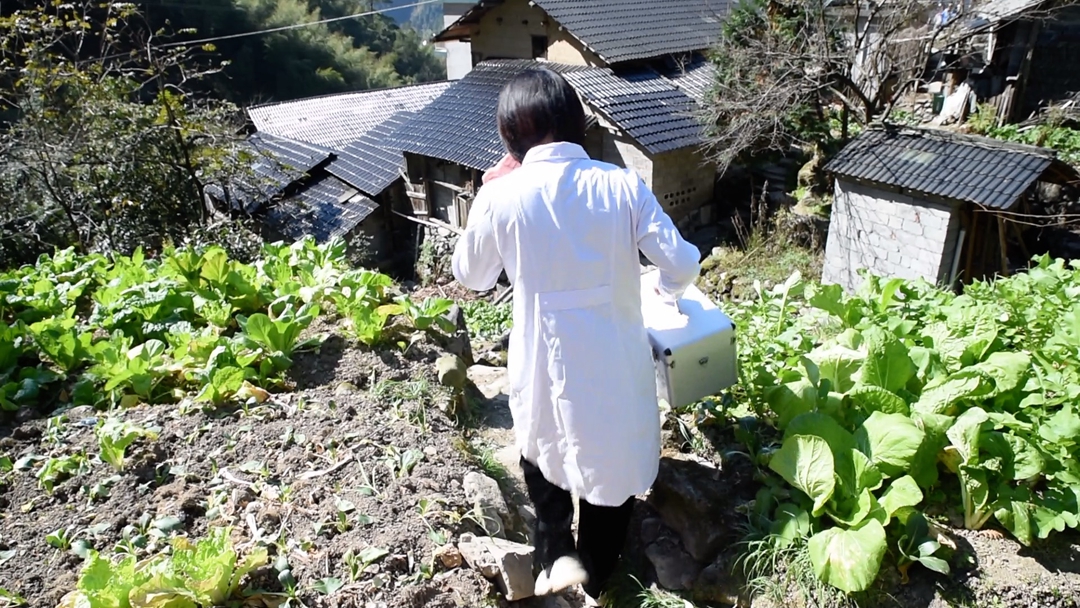02:57

Editor's Note: China's congressional system is one of a kind, with deputies to the National People's Congress coming from all walks of life. In this special series, CGTN interviews deputies to find out how they represent the voice of the people and what they bring to the table at China's top legislature during the all-important Two Sessions this year.
Deep in the mountains in east China's Anhui Province, a village of 650 people once had no doctor. Most of the youngsters had left for jobs in town, while the elderly had to take care of the even older ones.
Things became worse after 19 residents died from abrupt health conditions as there was no doctor in Qingxi Village in 2017 and 2018. But the number dropped to two in the next two years with the arrival of Xu Xiaochan, a doctor who was deputed to the region.
Xu left her post as an emergency ward doctor in a city hospital to be part of a two-year provincial campaign for providing medical services for villagers in remote areas. She was posted to Qingxi Village, a high-altitude mountainous region, where roads are built on steep slopes.
Her husband Zhang Jianming, a geriatric cardiologist also joined the campaign, taking care of the medical needs of a neighboring village.
"We are all from rural areas, and we want to give back to the villages, to society," said Xu.
Qingxi has a small population, but villagers often live far apart. Some patients need to travel more than 10 kilometers and climb over mountains to see a doctor.
After understanding the travails of the elderly populace, Xu and her husband decided to make regular home visits and also carry with them the required medications and medical equipment for common ailments.
With the sign "mobile clinic" on top of their car, the doctors bring a unique perspective to country roads.

Xu Xiaochan (R1) conducting medical check-ups of villagers in Qingxi Village, Anhui Province. /Photo provided by Xu Xiaochan
Xu Xiaochan (R1) conducting medical check-ups of villagers in Qingxi Village, Anhui Province. /Photo provided by Xu Xiaochan
They offer much-needed diagnosis and treatment of diseases and relief for chronic ailments, while also sharing longevity tips.
Xu said she had countless memories with the villagers. She once visited a patient in his 80s after receiving a call for help from his relative saying he suffered from abdominal pain. Xu rushed to his home high up in the mountains only to see him already in a critical condition.
The relative failed to describe the symptom accurately earlier on the phone. Xu realized more equipment would be needed when she was already at the spot. Finding the old man too weak to travel by car, Xu rushed back and forth more than 20 kilometers on the mountain road to pick up more equipment. With the help of a catheter bag, the patient was able to pass urine for the first time in two days. Xu was also able to treat the patient's heart failure issues, following which the latter had a full recovery.

A view of the high-altitude, mountainous roads in Qingxi Village, Anhui Province. /Picture Courtesy: Hospital of Anhui University of Traditional Chinese Medicine
A view of the high-altitude, mountainous roads in Qingxi Village, Anhui Province. /Picture Courtesy: Hospital of Anhui University of Traditional Chinese Medicine
The couple returned to their city home for the week-long Spring Festival holiday in 2020 but went back to the village three days later.
"Nothing much happened, but everyone was in a bit of a panic when you were gone," a villager told Xu when bringing her Zongzi, a homemade local delicacy.
"Even though things are quiet, when we know you are here, we are not afraid," the villager added.
Xu was elected as a deputy to the National People's Congress this year. She stresses that the lack of doctors in remote villages is an urgent issue. She called for improving training mechanisms and an increase in salary for village doctors.
"It was hard to cope with the medical demands of villagers when I first arrived, even after practicing medicine for eight years," Xu said. She added that a clinic is not like a hospital that has separate departments. A doctor has to know how to deal with the various ailments in the village.
She stressed that it was necessary to improve the training of village doctors so that they can scale up their services to better meet the constantly changing medical requirements of villagers.

Xu Xiaochan walks to a villager's home. /Picture Courtesy: Hospital of Anhui University of Traditional Chinese Medicine
Xu Xiaochan walks to a villager's home. /Picture Courtesy: Hospital of Anhui University of Traditional Chinese Medicine
China has a population of 1.4 billion. Though there are more far-flung villages like Qingxi, the country has pledged to provide basic medical and health care services to all the people.
Xu also called for more financial incentives to doctors. She cites the example of allowing doctors who are recruited in counties to enjoy local benefits and salary, but are deputed to work in villages.
The State Council released a guidance report in February calling for an accelerated reform of medical services in rural areas. One of the tasks suggested is to raise the salary of doctors in rural clinics to the same level as local county-level public hospitals. Expectations are the plan will make significant progress by 2025.
On-camera reporter: Zhu Zhu
Cameraman: Li Yue, Yuan Yuxiang
Video editor: Zhu Zhu, Cao Shuai
Editor: Huo Li